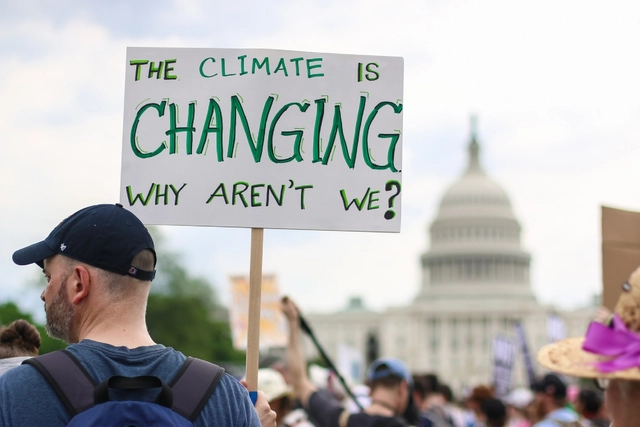
Unless you’re living in a news or social media bubble, it’s unlikely you’ve missed seeing the devastating effects Australia’s climate change exacerbated wildfires and drought have had on the continent. One of the images that still sticks with me is that of the young boy, mask over his face, steering his family’s boat as they flee a large bushfire – flames and smoke enveloping the entire scene within an apocalyptic reddish-orange glow.
The loss of life (humans and wildlife), the destruction of property, infrastructure and habitat, the negative impacts on air quality, biodiversity and access to water, and the resulting refugees will have long term impacts on Australia’s economy and general well-being. What’s worse, these negative impacts have been, and will continue to be, inequitably distributed among the continent’s populations. Not surprisingly, the resulting stress already placed on individuals and social institutions has weakened community cohesion through anti-social actions like water theft.

